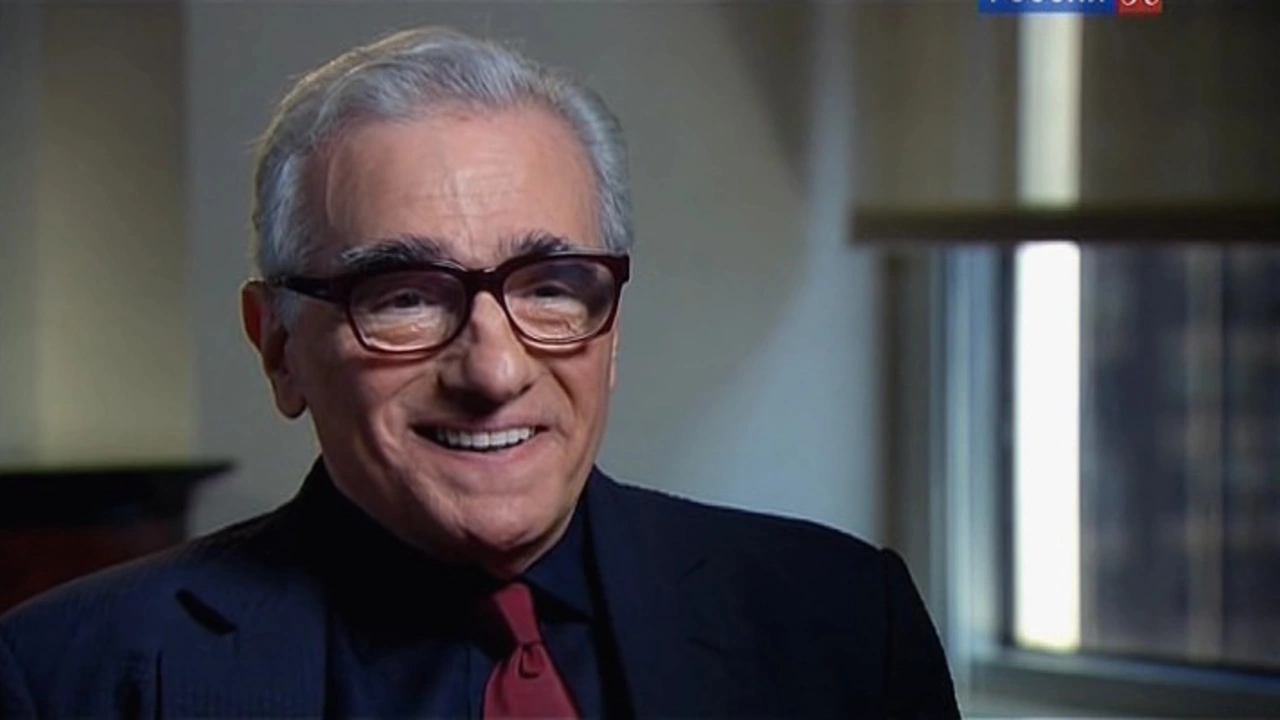Introduction to Scorsese's World of Cinema
Every director has a unique style that sets them apart from the rest, and Martin Scorsese is no exception. For over half a century, he has been mesmerizing audiences with films that are as much a signature of his distinctive style as they are of his profound understanding of the human condition. His films are not just about storytelling; they are about making the audience feel something profound and visceral.
Scorsese's films are known for their intensity and authenticity. They are raw, gritty, and often brutally honest. He doesn't shy away from showing the darker side of humanity, and his films often explore themes of redemption, guilt, and the struggle for power. But what exactly is his directing style? That's what we're going to explore in this article.
The Aesthetics of Violence
One of the most identifiable aspects of Scorsese's directing style is his depiction of violence. But it's not violence for the sake of violence. Scorsese uses violence to convey a deeper message, often about the nature of humanity or the world we live in. It's not just about blood and gore; it's about the psychological impact of violence, and the way it can change a person.
The violence in Scorsese's films is often sudden and shocking, but it's always purposeful. He uses it as a tool to convey emotion and create tension. It's a part of his storytelling, and it's a part of his aesthetic. And it's not just physical violence. Scorsese also explores emotional and psychological violence, often in ways that are just as disturbing and impactful.
Master of Character Development
Another major aspect of Scorsese's directing style is his focus on character development. His films are often centered around deeply flawed characters, and he takes the time to explore these characters in depth, making them feel real and relatable. This is a big part of what makes his films so emotionally impactful.
Scorsese isn't interested in heroes and villains. He's interested in human beings, with all their complexities and contradictions. His characters often grapple with moral dilemmas, and they don't always make the right choices. But that's what makes them so compelling. They feel like real people, with real struggles and real emotions.
The Use of Music
Scorsese is also known for his use of music in his films. He has a knack for choosing the perfect song to complement a scene, and he often uses music to enhance the emotional impact of a scene. His use of music is not just about setting the mood; it's about telling a story.
From the Rolling Stones to Italian opera, Scorsese's eclectic taste in music is reflected in his films. He uses music to convey emotion, to create tension, and to give insight into his characters. And it's not just background music. In many of his films, the music is a key part of the narrative, adding another layer of depth to his storytelling.
His Love for Long Takes
Scorsese's directing style is also characterized by his use of long takes. This is a technique where a scene is shot in one continuous shot, without any cuts. This allows the audience to fully immerse themselves in the scene, and it creates a sense of realism and immediacy.
Scorsese uses long takes to create tension, to draw the audience into the scene, and to give the actors the freedom to fully inhabit their characters. It's a challenging technique, but when done right, it can be incredibly effective. And Scorsese is a master at it. His long takes are some of the most memorable and impactful moments in his films.
Scorsese's Unique Storytelling
Ultimately, Scorsese's directing style is marked by his unique storytelling. He doesn't just tell a story; he immerses you in it. He makes you feel something. His films are intense, emotional, and often deeply unsettling. But that's what makes them so powerful.
Scorsese's films are not for the faint of heart. They are challenging and thought-provoking. They force you to confront uncomfortable truths about the world and about yourself. But that's what great art does. It challenges you, it moves you, and it makes you think. And that's exactly what Scorsese's films do.
